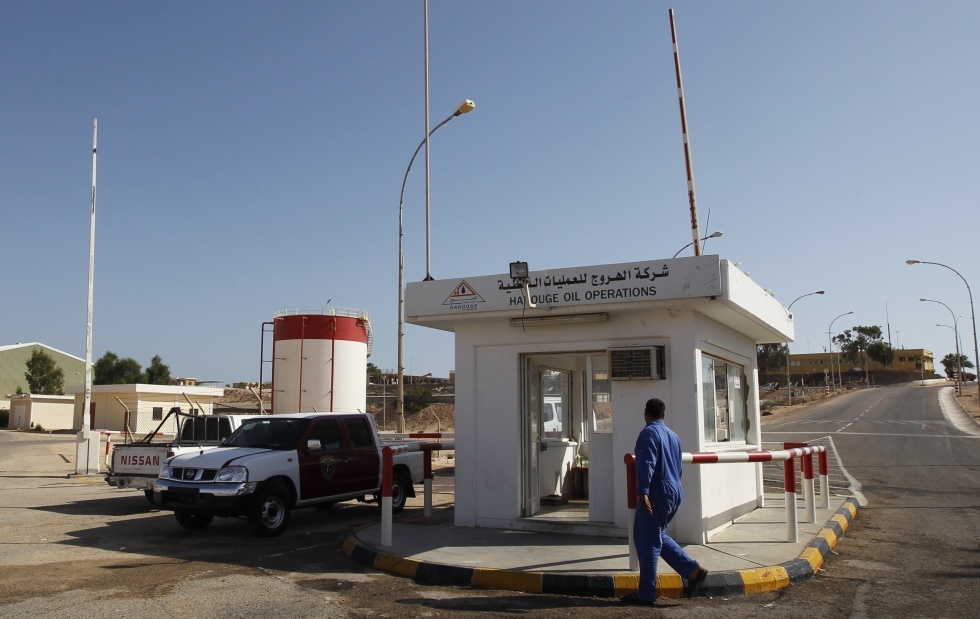Libya militants threaten renewed attacks against oil facilities if exports resume

Militants in Libya have threatened to attack the country’s main oil-producing region if exports of the key resource are resumed.
Libya’s Tobruk-Bayda based government, one of two separate administrations claiming legitimacy in the crisis-hit north African country, said earlier this week that it would begin running oil sales from abroad.
The House of Representatives, based in far-eastern Libya on the border with Egypt and led by Prime Minister Abdullah al-Thinni, is attempting to stop oil revenues falling into the hands of the rival parliament in the capital Tripoli.
Thinni announced on 4 March that an oil corporation loyal to the HoR had established a separate bank account in the United Arab Emirates, and would seek independent oil sales.
However Libya Dawn, a group allied to the Tripoli-based General National Congress (GNC), warned on Friday that it will launch fresh attacks against oil facilities in the area known as the “Oil Crescent” if the Tobruk government begins exporting through its own corporation.
“If oil is sold outside the agreed channels, we will be forced to attack the Oil Crescent and take control of it," a Libya Dawn spokesperson told London-based news site al-Araby al-Jadid.
"Libya Dawn is fully prepared for what will happen in the coming days."
Oil sales and revenues have so far been channelled through the old National Oil Corporation (NOC) based in Tripoli, which says it aims to remain impartial in the conflict between the two governments.
However, Thinni warned on Wednesday that oil companies should avoid dealing with the NOC, stressing that any deals could be considered illegitimate due to the power struggle in Libya.
The Western-backed HoR has now set up its own NOC, and is attempting to divert oil revenues away from the Tripoli-based central bank.
However, a huge quantity of essential documents including maps and contracts remain stored at the NOC's headquarters in Tripoli, which is under the sway of the HoR's rival government, the General National Congress (GNC).
Libya’s oil production has risen to 600,000 barrels per day, the head of the Tripoli-based NOC said on Wednesday, edging up towards 50 percent of Libya’s production potential.
The country’s two main oil ports at Ras Lanuf and Es Sider remain closed due to armed clashes in the vicinity – forces allied to the GNC withdrew from a three-month military campaign to gain control of the ports in late March.
Ras Lanuf, a large port on the eastern coast, has capacity to process two-thirds of Libya’s oil production, and officials hope it will be reopened in late August 2015.
Oil revenues are Libya’s main source of income, and have been at the heart of the struggle for power in the years since the 2011 uprising against long-time leader Muammar Gaddafi.
Libya Dawn and various other groups including Ansar al-Sharia, which claim to fight in the name of the revolution, are opposed by Khalifa Haftar, a former renegade general recently appointed by HoR as its military commander, who is now leading a campaign against all Islamist-aligned militants dubbed Operation Dignity.
Stay informed with MEE's newsletters
Sign up to get the latest alerts, insights and analysis, starting with Turkey Unpacked
Middle East Eye delivers independent and unrivalled coverage and analysis of the Middle East, North Africa and beyond. To learn more about republishing this content and the associated fees, please fill out this form. More about MEE can be found here.




